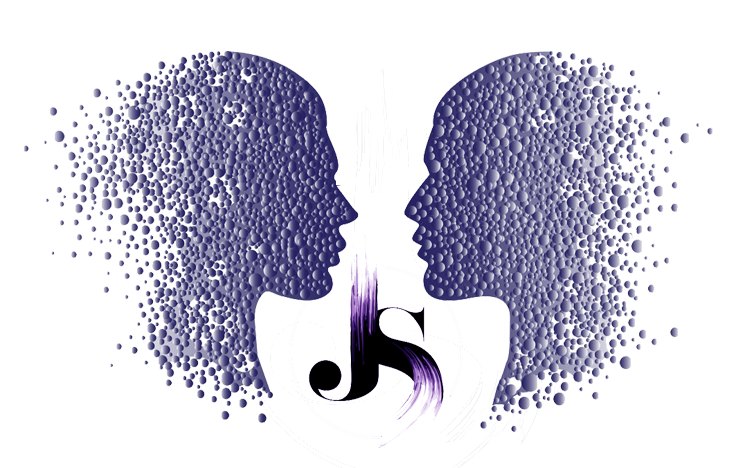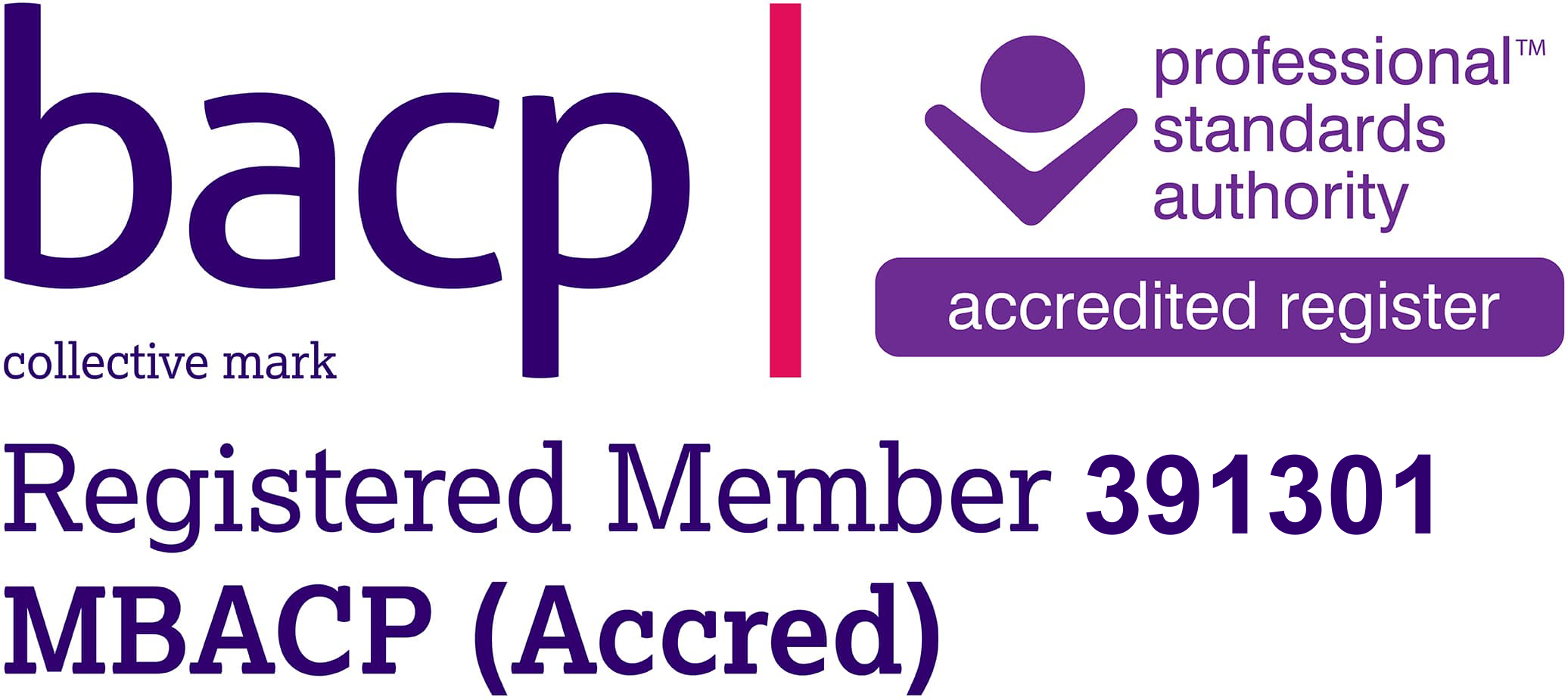Perinatal counselling.
I offer specialist counselling for antenatal and post-natal depression and anxiety, tokophobia (fear of childbirth), birth trauma and bonding/attachment issues.
Deciding to conceive, pregnancy and the birth of a baby can stir up many strong emotions. These can stem from past experiences, a traumatic pregnancy or birth, difficulties coping with the transition and expectations of parenthood. Research shows that at least 1 in 10 new mums have symptoms of post natal illness (previously known as post natal depression but can also be anxiety), but new research suggests it could be as many as 1 in 4. research also shows that if low mood and anxiety can be treated in pregnancy this vastly reduces the risk of developing post natal illness.
Do you feel anxious or are experiencing a low mood? Do you feel overwhelmed as a new parent ? Do you feel like you are not coping ? Are you finding bonding with your baby difficult? Do you feel a little like you are unable to connect to those around you? Becoming a parent can be a very anxious time and many of the worries you may have are very common, however, if your anxiety is stopping you from doing 'normal' things or it is feeling out of control, it may be time to seek help. Post natal and antenatal illness can come in many different forms. Most people have a few or combination of different symptoms.
Some symptoms you may experience include:
• Over worry about your baby's or your own health.
• Generalised anxiety.
• Difficulties in concentration and making decisions.
• Low self confidence.
• Lack of interest in sex.
• Difficulty in sleeping.
• Reduced appetite or overeating.
• Irritability.
• Panic attacks.
• Intrusive thoughts,
• A persistent feeling of sadness or Low mood, hopelessness.
• loss of interest in the world around you and finding little or no pleasure in doing things that would normally make you happy.
• Feelings of guilt or self blame.
• Feeling like you are not bonding with your baby.
• Lack of energy and feeling tired all the time.
• Withdrawal from family and friends
• Low motivation.
• Aches ,pains and physical symptoms.
• Thinking about self harm or suicide.
It is also common for partners to experience antenatal and post natal illness and is often unrecognised. Symptoms can include the above but additionally and especially for dads, symptoms are more likely to be;
• Irritability.
• Increased anxiety.
• Low self esteem.
• Loss of interest in things and activities that were once pleasurable. of enjoyment.
• Loss of sex drive.
• Persistent tiredness and sleep disturbances.
•Changes in appetite
• Misuse of alcohol and illegal substances
•Working excessively or wanting to be away from the home.
• Anger and aggression
• Difficulty bonding with your baby or lack of involvement.
Antenatal and post natal illness can be lonely, distressing and frightening. It is unlikely to get better by itself, but if it is recognised and addressed it is a temporary condition and you will recover from it. Research shows that the earlier it is recognised the better the experience for parents and babies, specialised talking therapies have been shown to be highly effective in the resolution of antenatal and post natal illness.
Ante natal and post natal illness can affect your baby in a number of ways, these include;
• Disturbed sleep patterns
• Feeding difficulties, babies can be show this by being very restless at the breast or when bottle feeding.
• Difficulties in settling
• Prolonged crying.
• Baby not content on their own.
• Difficulty bonding with your baby.
These issues are usually resolved when your recovery progresses.
I worked in the NHS for 25years, qualifying as a registered nurse working in children’s nursing and as a nurse on a neonatal intensive care unit before registering as a health visitor. I initially worked with young parents, before further developing my expertise and passion as a specialist health visitor for perinatal mental health which included supporting families on a one to one basis, designing services for them and campaigning for more. I also have a qualification in infant mental health and parent /infant interaction.
I have run support groups for parents struggling with post-natal depression. It was the lack of quality specialist counselling available for families that inspired me to become a counsellor. I have worked with organisations such as 'fathers reaching out', campaigning for more recognition and access to counselling for dads struggling with their mental health.
I am proud to be working with 'Birth and Beyond' to raise the profile and offer more specialised counselling for parents and family members with issues stemming from the perinatal period.

